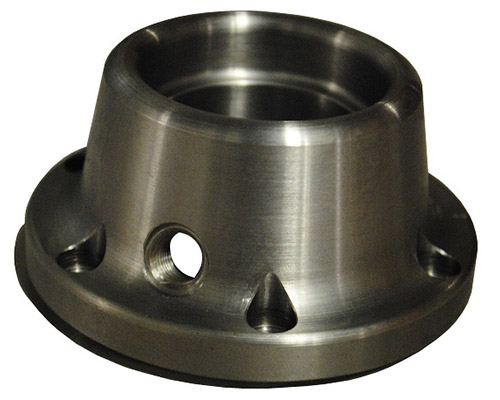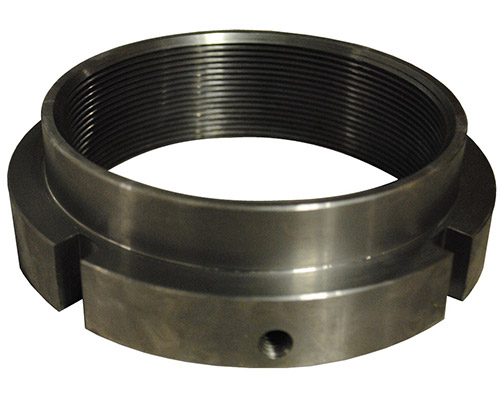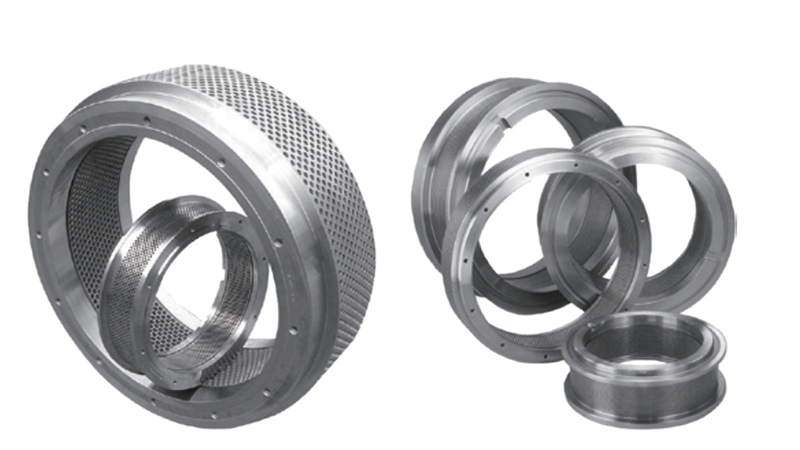According to the International Food Industry Federation (IFIF), the annual global production of compound food is estimated at more than one billion tons and the annual global turnover of commercial food production is estimated at more than $400 billion (€394 billion).
Feed manufacturers cannot afford unplanned downtime or lost productivity to keep up with growing demand. At the plant level, this means that both equipment and processes must be stable to meet demand while maintaining a healthy bottom line.
Ease of automation is important
The expertise is slowly diminishing as older and experienced workers retire and are not replaced at the required rate. As a result, skilled feed machine workers are invaluable and there is a growing need to automate processes in an intuitive and easy way, from operators to handling and production management. For example, a decentralized approach to automation can make it difficult to interface with different systems from different vendors, which in itself can create unnecessary challenges, resulting in unplanned downtime. However, problems related to spare parts (pellet mill, ring die, feed mill) availability and service capabilities can also lead to costly downtime.
This can be easily avoided by partnering with an enterprise solution provider. Because the business deals with a single source of expertise in all aspects of the plant and its related processes as well as the relevant regulatory requirements. In an animal feed plant, factors such as precise dosing of several additives, temperature control, product preservation control and waste reduction through washing can be precisely controlled, while maintaining the highest level of feed safety. Feed safety requirements can be achieved. Nutritional value. This optimizes the overall operation and ultimately the cost per ton of product. To maximize return on investment and reduce total cost of ownership, each step must be tailored to the individual operation while ensuring full transparency of the process.
In addition, close communication with dedicated account managers, mechanical and process engineers ensures that the technical capability and functionality of your automation solutions are always protected. This ability to fully control the process ensures the highest quality product and adds built-in traceability to upstream and downstream elements when needed. All production processes are supported online or on site, from ordering the control system to direct support via the Internet.
Maximizing availability: a central concern
Factory solutions can be categorized as anything from single part machining equipment to wall or greenfield installations, but the focus is the same regardless of project size. That is, how a system, a line or an entire plant provides what is needed to produce positive effects. The answer lies in how solutions are designed, implemented and optimized to provide maximum availability according to established parameters. Productivity is a balance between investment and profitability, and the business case is the basis for determining what level should be reached. Every detail that affects productivity levels is a risk to your business, and we strongly recommend leaving the balancing act to the experts.
By eliminating the necessary connection between suppliers with a single enterprise solutions provider, enterprise owners have a partner that is both responsible and accountable. For example, factories require availability of spare parts and wear parts like Hammermill hammers, screens, Roller mill/Flaking mill rolls, Pellet mill dies, mill rolls and mill parts etc. They must be obtained in the shortest possible time and installed and maintained by professionals. If you are a factory solution provider, even if some elements require a third-party provider, the entire process can be outsourced.
Then apply this knowledge to important areas such as forecasting. Knowing when your system needs maintenance is critical to reducing downtime and increasing productivity. For example, pellet mill usually operate on a 24/7 basis, so this is fundamental to their successful operation. The solutions available on the market today monitor and optimize performance in real time, guide factors such as vibration and warn operators in time of potential malfunctions so that they can schedule downtime accordingly. In an ideal world, downtime would go down in the history books, but in reality it is. The question is what happens when that happens. If the answer isn't "our factory solution partner has already solved this problem", maybe it's time for a change.




